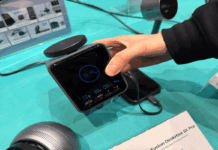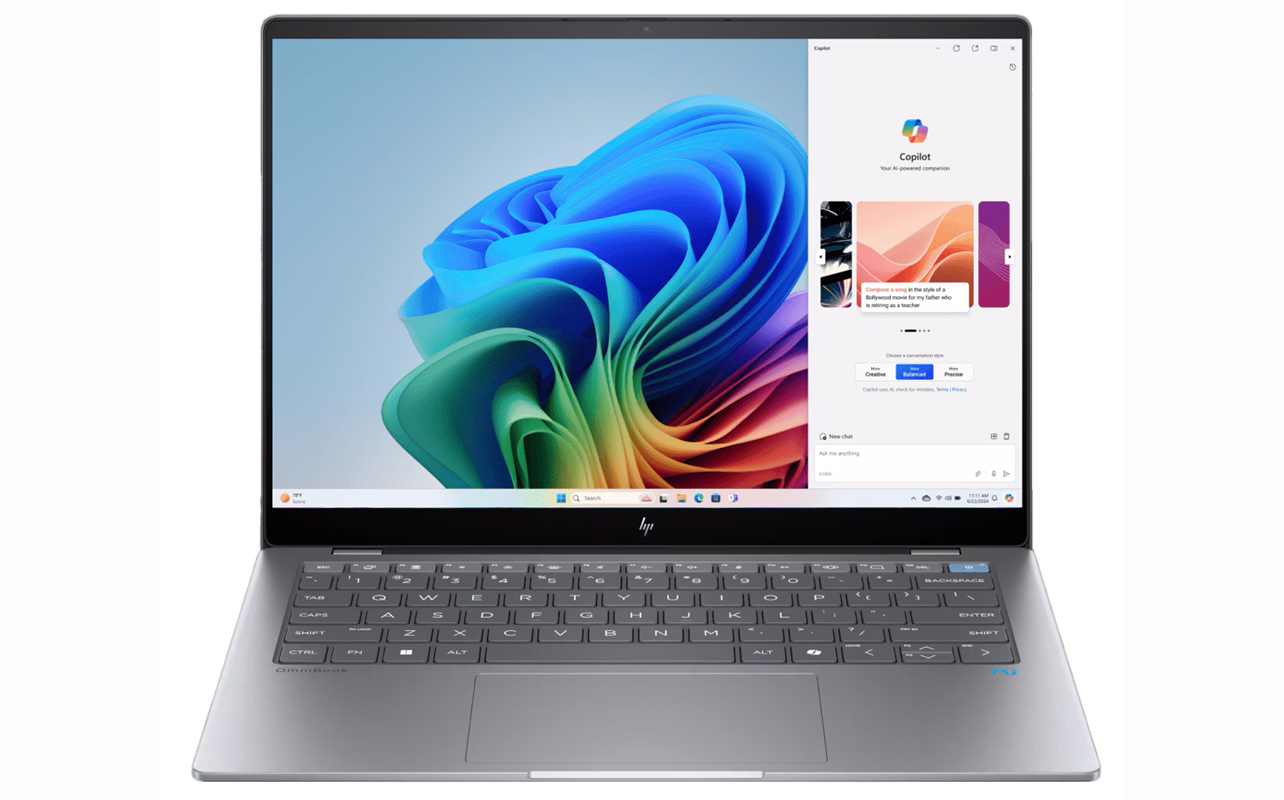
We’ve entered a new era of personal computing—one where your laptop doesn’t just run apps, but actually helps you think, work, and create smarter. The rise of artificial intelligence (AI) is transforming everyday tech, and laptops are spearheading this change for the average user. While traditional laptops have steadily improved over the years, AI laptops are designed to take performance and productivity to the next level using on-device intelligence.
So, what does that mean for you? It means your laptop could summarize documents for you, enhance your video calls in real time, or even optimize its own battery life based on how you work. Understanding the difference between AI laptops and regular laptops is key to deciding whether it’s time to upgrade—or simply stay ahead of the curve.
What defines a traditional laptop?
Traditional laptops are the ones most of us are familiar with—basically anything that doesn’t have advanced AI capabilities. Despite that, these devices are powerful enough to handle standard tasks like browsing the web, writing documents, or streaming content. Some are even more powerful and equipped to handle more intensive creative tasks. Either way, they rely a combination of central processing units (CPUs) and graphics processing units (GPUs) to run software and perform calculations.
These laptops typically run operating systems like Windows 11 or macOS, and while they offer excellent performance for most tasks, they don’t have the ability to process AI workloads natively on the device. Instead, any available AI features—like voice assistants or background blur during video calls—are often powered by cloud computing, which requires internet access and can run slower.
Explore a wide selection of Windows laptops and MacBooks at Best Buy Canada to see what traditional laptops still offer today’s users.
What makes a laptop an ‘AI laptop?’
AI laptops represent the next evolution in computing because manufacturers build them to run AI-powered features directly on your device. What makes this possible is a new type of chip called an NPU, or Neural Processing Unit, which is designed specifically for machine learning tasks. The NPU runs in tandem with the CPU and GPU, allocating the AI-driven processing to the NPU while drawing power from the other two chips whenever it’s required.
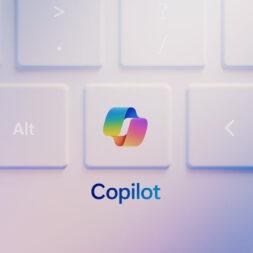
In practice, this means AI laptops can handle real-time voice translation, smart search, advanced photo and video editing, and more—all without sending data to the cloud because they run through the NPU instead. This not only speeds things up but also boosts privacy and efficiency given the data isn’t going anywhere.
Platforms also drive much of what makes AI laptops work more seamlessly. They come with Microsoft Copilot+ pre-installed, a powerful AI assistant embedded into the Windows 11 experience. Copilot+ can help summarize meetings, search your PC’s history instantly with “Recall,” or even generate images and text. All of which works on-device, enabling you to utilize these features without the internet. There’s even a key dedicated to it on the keyboard. These tools are optimized to work with the latest Copilot+ PCs, now available on Best Buy Canada’s Copilot+ PC collection.
You’ll also find Copilot+ features in the latest Microsoft Surface Laptops, which blend sleek design with the power of on-device AI.
Key differences between AI and traditional laptops
AI laptops and traditional laptops can handle the same everyday computing tasks, but the real distinction lies in how they process information and enhance the user experience. Let’s break down the key areas where AI laptops stand out:
Performance
You use an AI laptop for smarter, faster performance. It holds an advantage in that it can optimize background tasks, improve multitasking, and reduce energy consumption by just having an NPU on board. For example, your AI laptop can learn when you’re most active and adjust power usage accordingly—resulting in longer battery life and better thermal performance. It can also “remember” what you’ve read or researched and make it easier to reference those materials again whenever you want to search for them. This is a significant shift from simply finding the title of a document down to specific keywords or content within it.
Traditional laptops may still offer great processing speeds, especially those with powerful CPUs, but they can’t match the intelligent optimization that AI laptops bring to the table. It’s important to remember that both traditional and AI laptops come with different specs and configurations as far as their overall power goes. Not sure if your current device is compatible with the latest software? Check out our Windows 11 compatibility guide to see if your system meets the requirements for Microsoft’s most powerful and AI-ready OS yet.
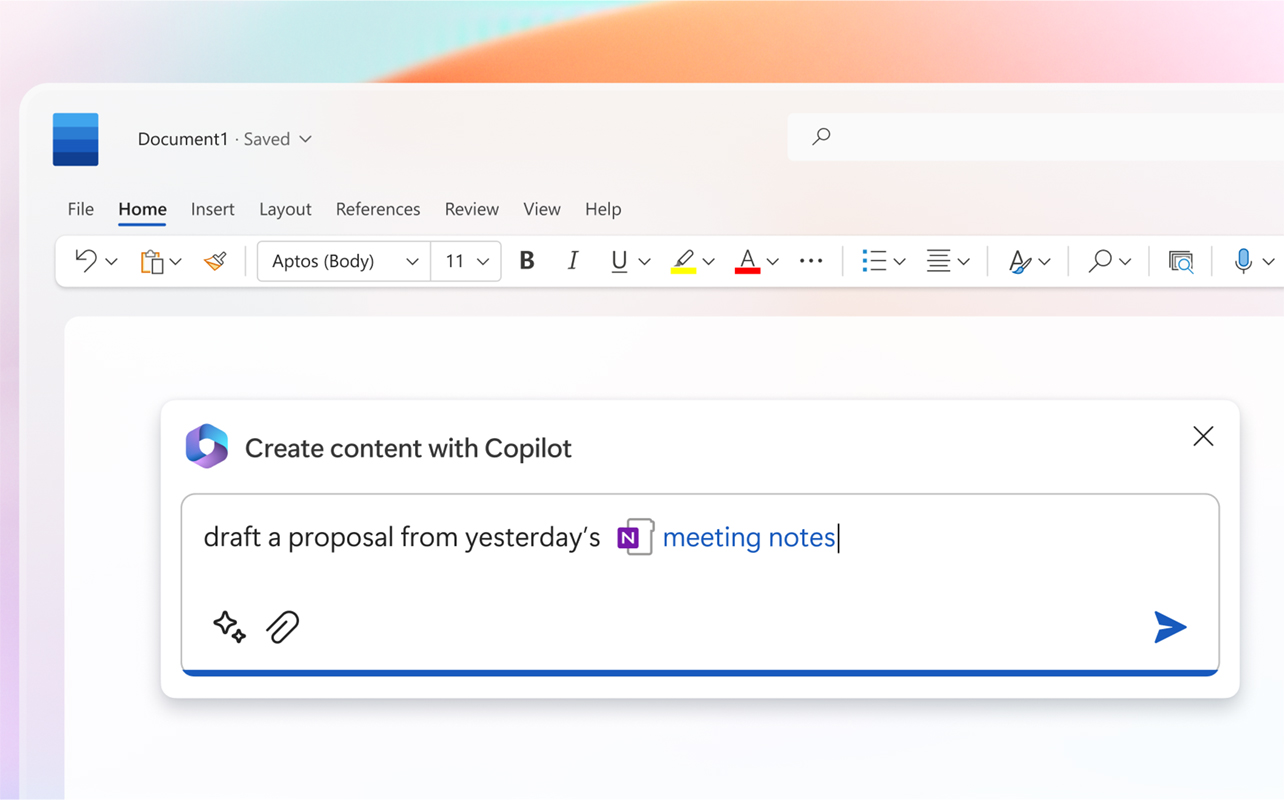
Productivity features
The productivity boost with AI laptops is hard to miss. Automating some of the more tedious tasks saves a lot of time to focus on the ones that require more concentration. That’s why it’s so convenient to have AI transcribe your meetings, summarize your notes, or suggest replies to emails—all in real-time. Microsoft designed Copilot+ in part to help streamline workflows, especially for students, professionals, and remote workers.
Windows 11 already offers smart productivity tools, only an AI laptop can enhance and personalize those features to make the experience much more responsive. Discover more about what’s possible with a Windows 11 laptop.
Creativity tools
For creators, AI laptops unlock a whole new set of possibilities. The ability to automate tedious tasks or cut down a workflow helps complete tasks sooner. From intelligent photo retouching to real-time video background editing and AI-assisted music mixing, these machines can keep up with your ideas. AI-enhanced software can help automate repetitive editing tasks, suggest content improvements, or even generate creative drafts. A key component to this is what AI features creative third-party software applications also offer as well.
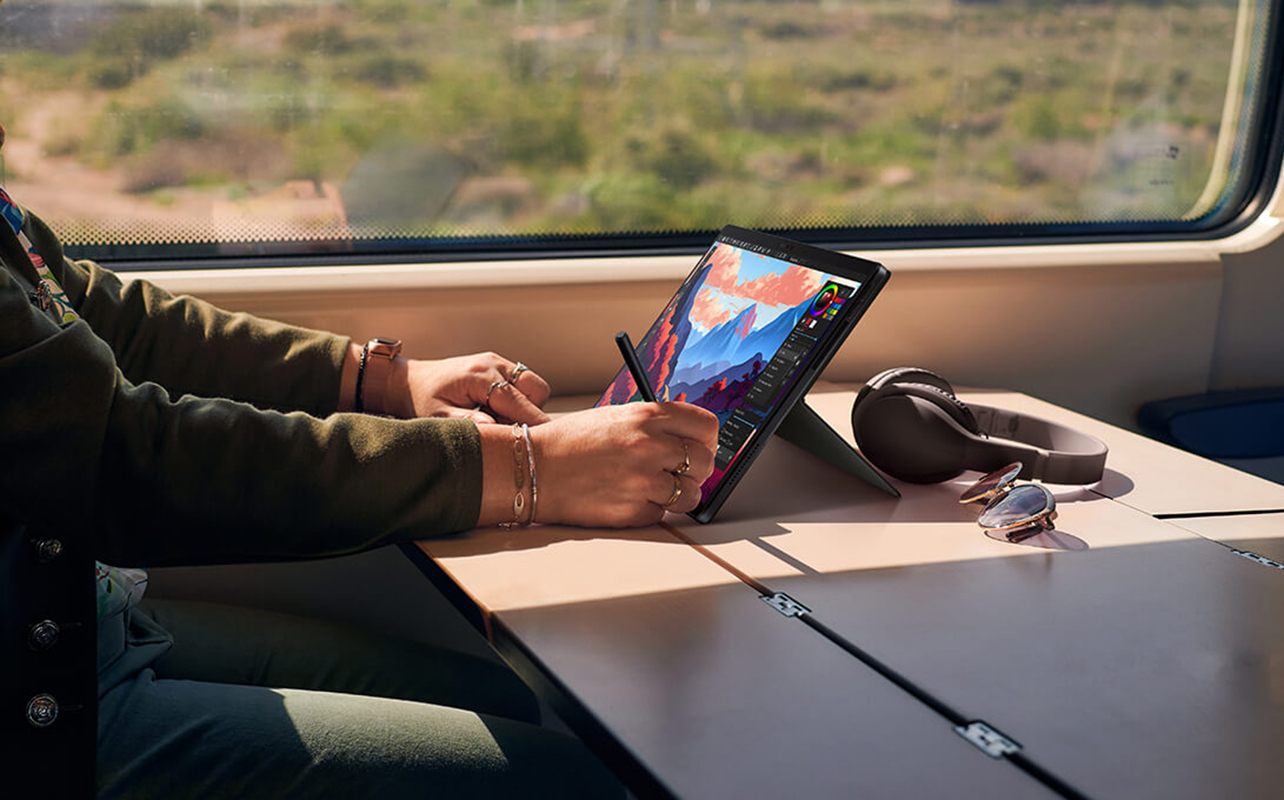
Traditional laptops support creative apps, so you can use AI designed to work within creative apps that offer them, but they are self-contained rather than part of Windows itself. The lack of dedicated AI hardware to accelerate these processes puts the onus on the CPU and GPU to render those tasks, potentially affecting processing power and battery life.
Personalization
AI laptops can learn how you use your device and adapt accordingly. From adjusting brightness based on your habits to organizing apps based on usage patterns, these features make everyday computing more seamless and intuitive. AI recommendations feel smarter and more relevant over time. This also extends to knowing what to do in case something isn’t working well on your laptop. NPUs can drive internal diagnostics that can help explain why your PC isn’t running as smoothly as you’d expect.
In contrast, traditional laptops offer fixed functionality—you can personalize them manually, but they won’t learn from your behaviour the same way AI laptops do. Moreover, the only way to get automated insight into your laptop’s health and efficiency is by using a third-party app that may incur a one-time cost or subscription fee.
Pros and cons of AI laptops
AI laptops offer a glimpse into the future of computing, but like any new technology, they come with both benefits and trade-offs. Here’s a quick comparison to help you weigh your options:
| Pros | Cons |
|---|---|
| Enhanced performance with faster processing and task execution using NPUs | Higher cost due to advanced hardware and new AI features |
| Improved battery life thanks to smarter energy management | Limited software support at launch—some AI features may take time to roll out fully |
| Built-in AI tools like Copilot+ that assist with writing, organizing, and multitasking | Learning curve for users unfamiliar with AI-driven interfaces |
| Future-proofing as AI capabilities continue to evolve rapidly | Early tech adoption may mean bugs or updates in the early stages |
| On-device AI keeps data processing local, improving speed and privacy | App compatibility may vary with newer AI-specific hardware |
Should you upgrade to an AI laptop?
If you’re a student juggling assignments, a professional balancing meetings and emails, or a creator building visual content—AI laptops can certainly elevate your experience. They’re also great for multitaskers who value efficiency and anyone who wants a computer that can adapt to their needs.
However, if your day-to-day tasks are relatively simple—like web browsing, basic word processing, or video streaming—a traditional laptop will still serve you well. The key is to evaluate your needs and consider whether the AI-enhanced experience brings value to your workflow.
Need help deciding? Check out our laptop buying guide for tips on choosing the right machine for your needs.
Explore AI laptop options at Best Buy Canada
Ready to see what the future of computing looks like? Explore Copilot+ PCs, the latest Microsoft Surface Laptops, and a wide range of Windows 11 laptops online at Best Buy Canada.
Whether you’re looking to upgrade now or just want to stay informed, Best Buy makes it easy to explore the latest tech innovations in one place.
The future of computing is here
AI laptops represent a major shift in how we interact with technology—bringing intelligence, speed, and personalization directly to your device. Traditional laptops continue to offer reliable performance, especially when you consider the wide variety of options available. In short order, however, the difference between AI laptops and regular laptops will become clearer with each new innovation.
Whether you’re ready to embrace the future with an AI-powered Copilot+ PC or prefer the familiarity of a reliable traditional laptop, Best Buy Canada has something for everyone. From the latest Windows laptops equipped with cutting-edge features to sleek and powerful MacBooks, you can explore a wide range of devices that suit your lifestyle and budget.
Browse our full selection of Laptops and MacBooks to compare models, features, and prices. Whether you’re shopping for school, work, or creative pursuits, you’re sure to find the right fit for your needs.

This article was drafted using AI technology and then reviewed, fact-checked, and revised by a member of our editorial team.



